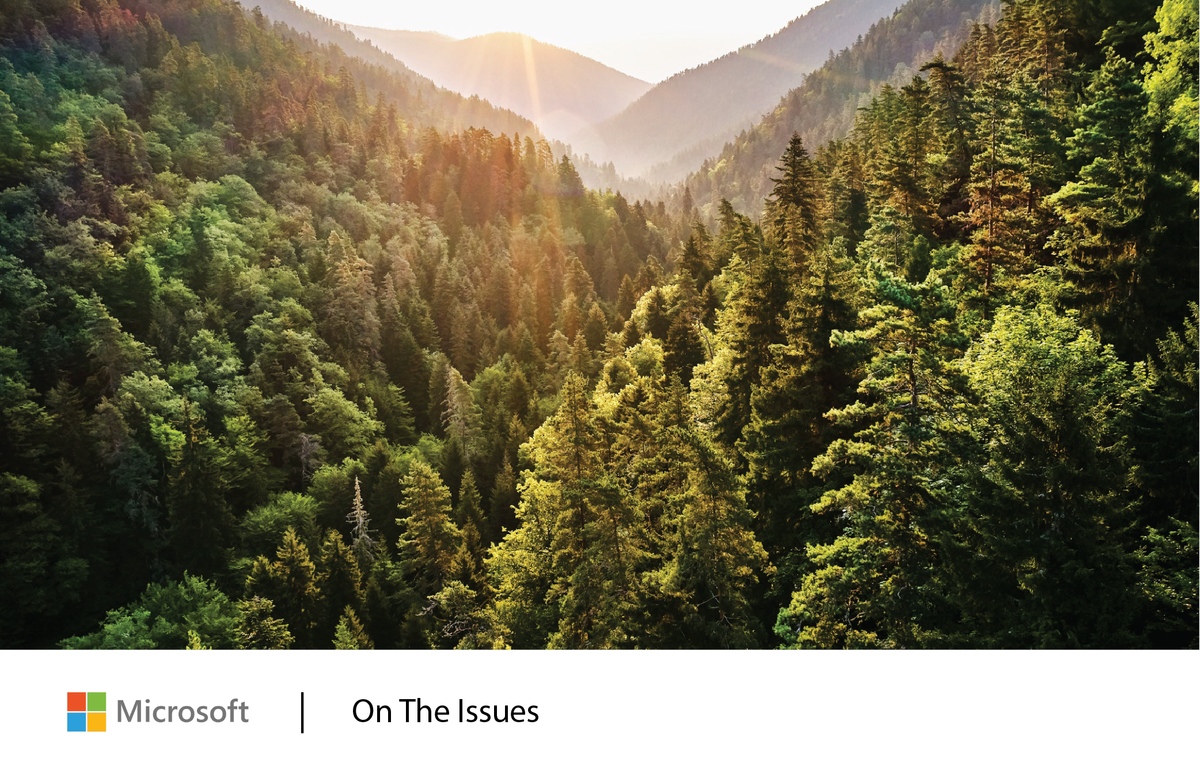Every year, more than 11 billion tons of waste are produced worldwide according to the United Nations Environment Programme. A byproduct of our daily lives and every sector of the world's economies, waste pollutes our land, clogs our waterways, depletes our natural resources and contaminates the very air we breathe. Microsoft recognizes the urgent need to reduce its waste and the carbon emissions that come from it. That's why it announced the goal to achieve zero waste for Microsoft's direct operations, products and packaging by 2030.
The zero waste goal is the third sprint in Microsoft's broad environmental sustainability initiative launched earlier this year focusing on carbon, water, ecosystems and waste. The company is setting ambitious goals for each and empowering customers with the technology and learnings to do the same.
To learn more about Microsoft's commitment to zero waste, read the full post on the Official Microsoft Blog.


















